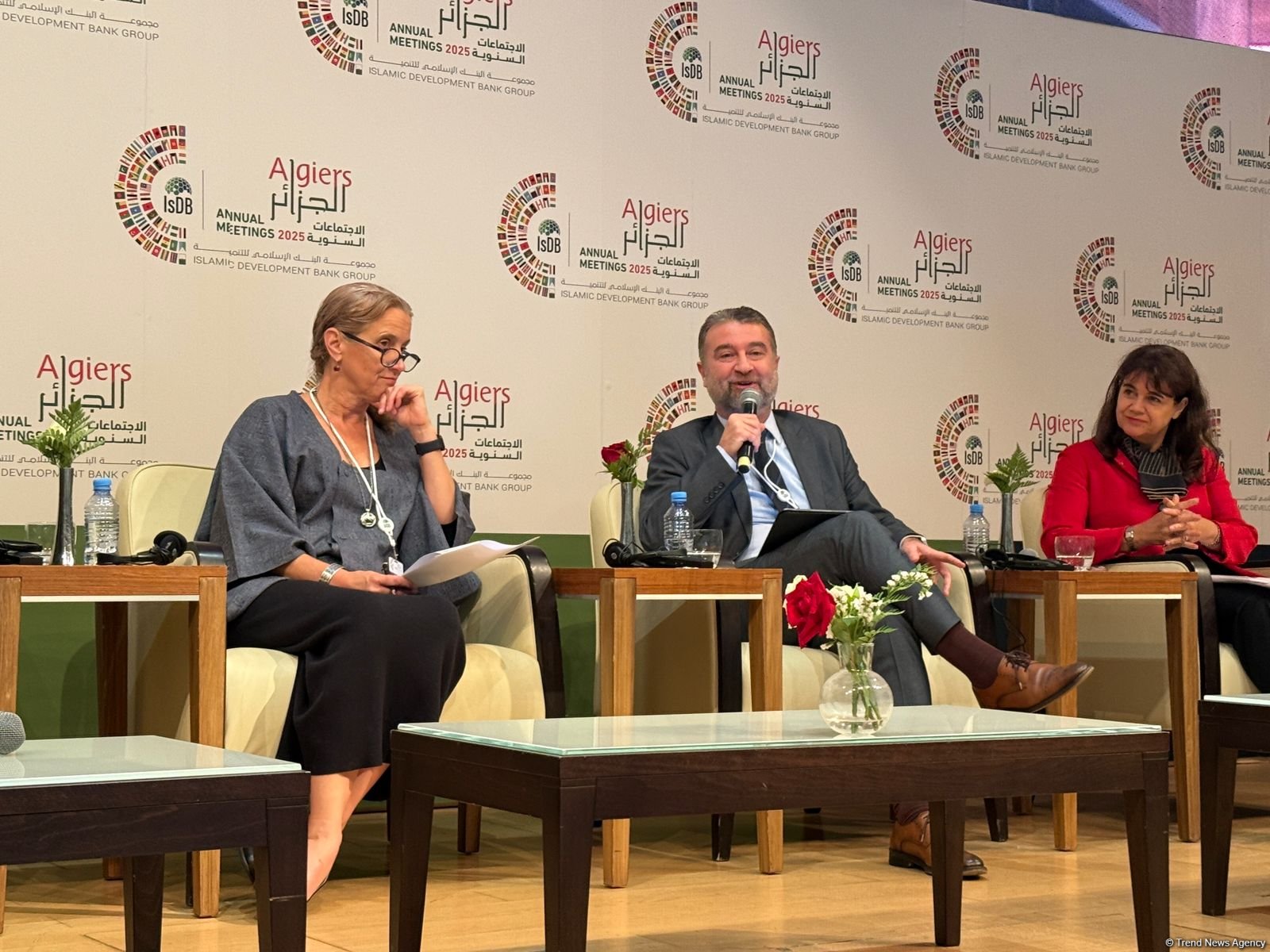ALGIERS, Algeria, May 22. As many as 93 percent of new capacities in the world's energy systems are renewable energy sources, 95 percent of them are solar and wind, Director of Country Engagement and Partnerships of the International Renewable Energy Agency (IRENA) Gurbuz Gonul said during the forum "From vision to action: economic diversification as a lever for structural transformation" within the framework of the Islamic Development Bank's (IsDB) Annual Meetings in Algiers, Trend reports.
"Last year, 93 percent of new capacity additions in the power system globally, it is renewables. And 95 percent of it is solar and wind.
He added that 81 percent of these projects are more competitive than fossil fuel alternatives.
"In many instances, this competition is always on the side of solar and wind. These are technological costs decreasing every year.
However, according to the representative of IRENA, there are differences in costs related to the investment environment and the risks that projects and countries carry.
"Technology-wise, renewables are not risky anymore. But obviously, the perception of risks from the investor and financial side, it could be different. This affects how projects are financed and implemented," he noted.
Gonul stressed that in the renewable energy sector, a large part of investments account for the private sector.
"High risk perceptions lead to project cancellations or high premiums. At the end, the poor pay more for energy than the rich countries," he claimed.
The expert also linked the availability and cost of energy with the productive use of electricity.
"Productive use takes the conversation from simple electrification to a different level.
Meanwhile, Gonul drew attention to the importance of reducing risks and creating affordable financial mechanisms.
"There are many partners in this space operating, and they don't lead to a transformational change in those sectors. What we are trying to do with some of the initiatives we develop, and how we can reduce risks in this environment, how we can come up with affordable mechanisms, financing mechanisms. Because there are so many projects, so many mini-grids which fail because simply nobody buys electricity. It is too expensive for the consumer," he added.
Stay up-to-date with more news on Trend News Agency's WhatsApp channel







